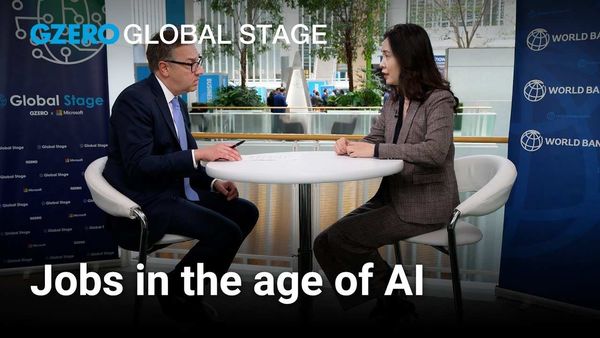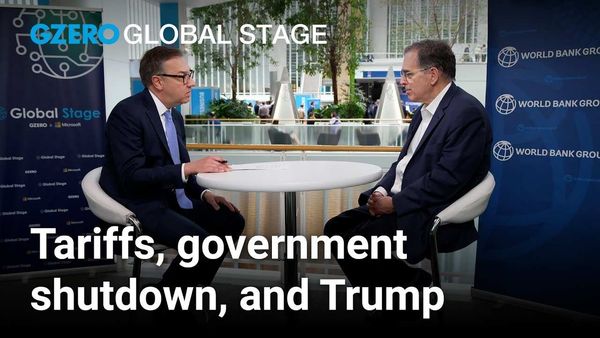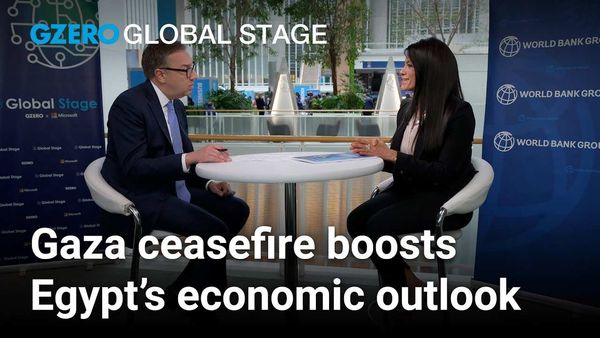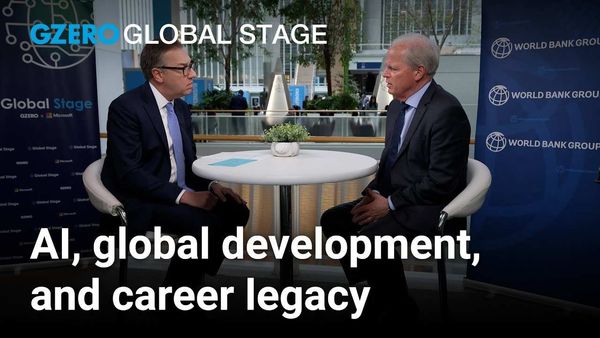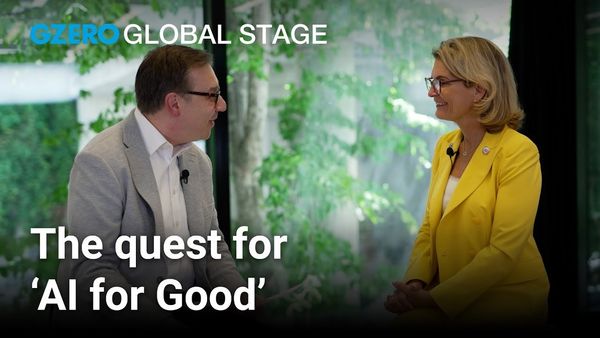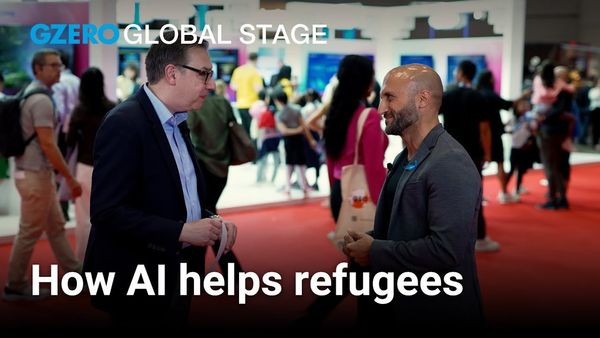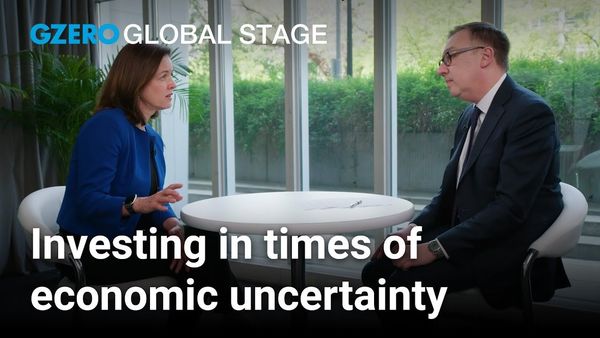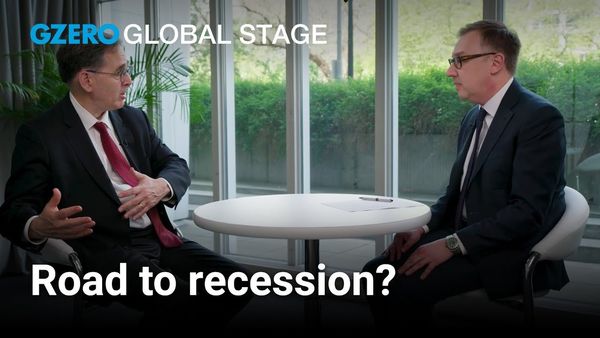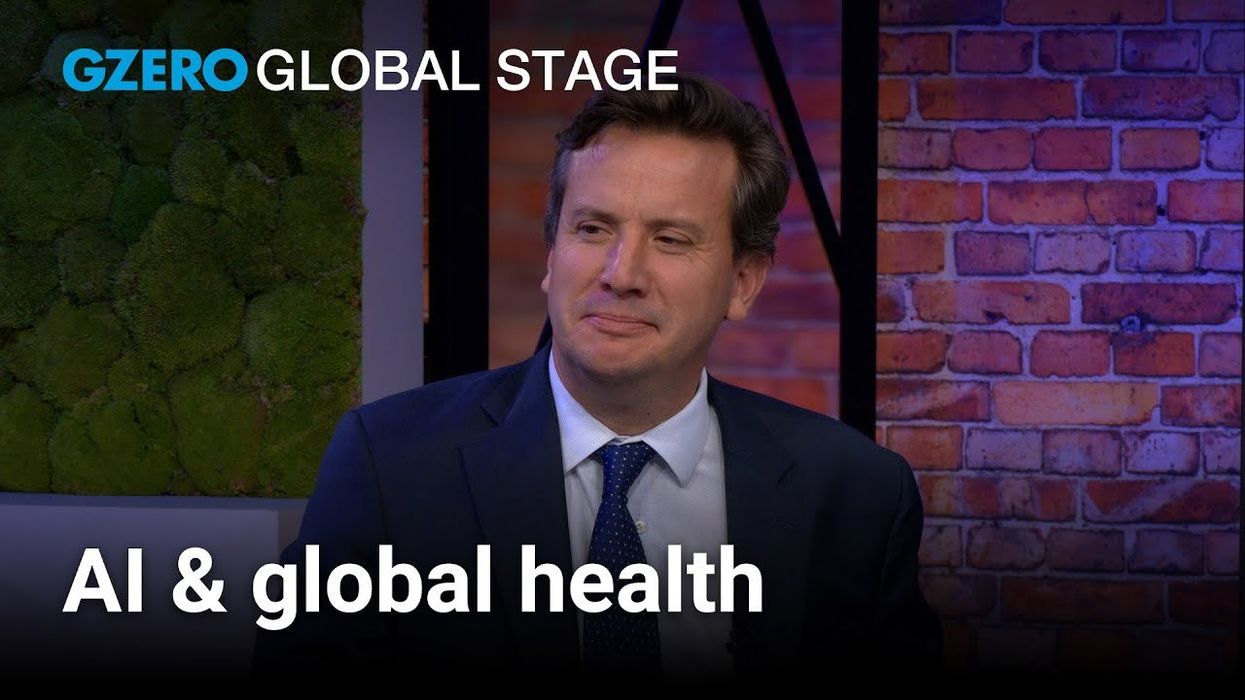Every job will be reshaped by AI, says World Bank’s Christine Qiang
October 17, 2025
Artificial intelligence is transforming the global workforce, but its impact looks different across economies. Christine Qiang, Global Director in the World Bank’s Digital Vice Presidency, tells GZERO Media’s Tony Maciulis that while “every single job will be reshaped,” developing countries are seeing faster growth in demand for AI skills than high-income nations.


